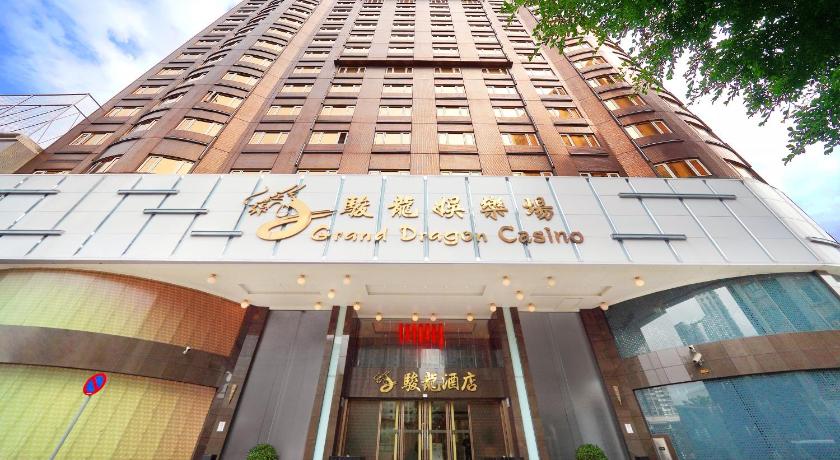Thailand to tighten controls to prevent money laundering in casinos
Thailand plans to record and control financial transactions of casino visitors to prevent money laundering in the region. The government is trying to convince opponents of the bill to legalize gambling establishments as part of new integrated resorts. This was reported by Bloomberg, reports UNN.
Details
The Southeast Asian country will enforce responsible gaming rules, including banning casino advertising and denying entry to individuals deemed to be “financial risks,” said Deputy Secretary General to the Prime Minister Petongtarna Chinawata – Suksit Srichomkhvan.
Gambling rules in Thailand will be modeled after Singapore, Japan and the United Arab Emirates, which limit the number of licenses and require huge investments.
Each entertainment complex in Thailand will require a minimum investment of nearly $3 billion, he said.
The Petongtarn Chinavat administration was forced to postpone the casino legalization bill earlier this year due to increased resistance from religious groups, anti-gambling networks, and some political parties. The government has presented its initiative as a way to increase the attractiveness of the tourism industry, a key pillar of the Thai economy.
If passed, the bill could pave the way for Thailand to tap into a share of the growing global gaming market alongside Macau and Singapore, as well as tap into another potential growth engine to stimulate the sluggish economy. According to officials, Wynn Resorts Ltd. and MGM Resorts International have expressed interest in investing in Thai casinos.
So-called entertainment complexes can increase the number of foreign tourists by 5-20% and increase the average spending per person per trip by 3-5 times. But critics of the casino development plan argue that gaming establishments will fuel gambling addiction and benefit big business and foreign companies, in addition to becoming money laundering shops.
Money laundering in these premises will be virtually impossible” due to strict controls. Even operators are interested in competing in a strictly regulated environment.
Let us remind you
The Supreme Administrative Court of Thailand has ordered former Prime Minister Yingluck Chinawat, who is in voluntary exile, to pay more than 10 billion baht (approximately $305 million) for large-scale losses caused to the state by her failed program of subsidizing farmers. Because of it, in 2017, the official was sentenced to 5 years in prison for official negligence.





